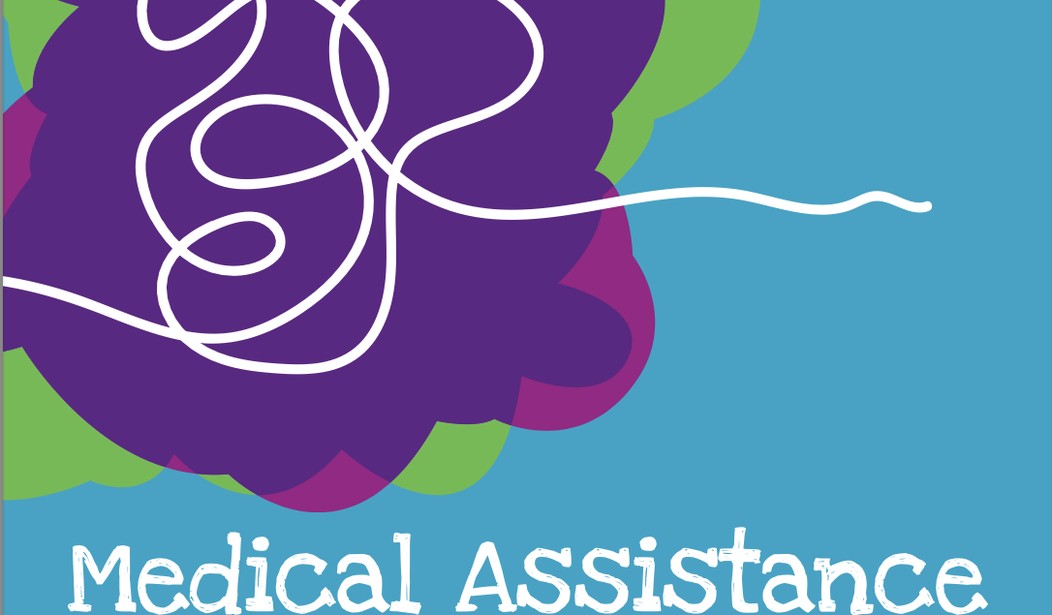Are several countries making euthanasia too profitable by joining assisted suicide to organ harvesting? It’s a not-so-brave new world and a new ethical dilemma comes with it.
I would argue that assisted suicide and euthanasia are always wrong, but that’s a topic for another time. What happens if someone wants medically assisted suicide — and also offers to donate organs? How great is the danger that the person becomes simply a commodity or, even worse, that the person is encouraged to commit suicide rather than receiving help because of the organs’ value?
In an October commentary piece for Epoch Times, patient rights champion, author, and podcast host Wesley J. Smith wrote about several countries where “shortage of organs for transplantation is threatening to unleash immoral and unethical remedies,” as assisted suicide threatens to become a too-profitable source for organs. He mentioned the example of a 16-year-old Belgian girl who requested assisted suicide due to a brain tumor — and agreed to have her organs harvested. The teen spent 36 hours sedated and intubated in an ICU for the “examination” of her organs. After that she was euthanized, and her organs were harvested. Smith identified three areas of concern here:
First, this was a minor terrified of decline who stated that by donating organs, she believed she could do some good. But for that option, she might not have made that decision.
Second, as far as we know, the girl wasn't provided suicide prevention services nor assured that palliative care could alleviate her symptoms.
Third, the lengthy sedation and intubation to which she was subjected weren't for her benefit, but to allow her organs to be tested and find compatible recipients. In other words, at least in some sense, once the girl asked to donate her organs, her body parts became more important than her life.
Both Belgium — as seen above — and the Netherlands are increasingly joining euthanasia with organ harvesting, even for the mentally ill. Canada has taken this dangerous game to a whole new level. In Ontario, when a patient is accepted for lethal injection, “the organization that oversees organ donation (Trillium) must be informed so that its representative can contact the soon-to-be-dead person and ask for his or her liver, kidneys, pancreas, lungs, and heart.” The person getting the euthanasia in Ontario is not necessarily terminally ill, and, as of next year, can be approved for lethal injection for just being “mentally ill.”
The patients, according to Smith, are not referred to mental health professionals to try and convince them not to commit medically assisted suicide. Smith put it this way: “The clear message that this policy thus sends to suicidal ill and disabled Canadians—with the active support of the organ transplant community—is that their deaths have greater value to Canada than their lives have.” In fact, media in Canada has actually called euthanasia a “boon” for the country’s organ donation! Canada euthanized 10,000 people just in 2021, and the number is likely to increase, especially with the expansion of who is legally able to apply for it.
Princeton utilitarian philosopher and bioethicist Peter Singer recently published a column in which he argued that people could and should be killed for organs—even if they’re not “biologically deceased.” That’s even with a number of stories of supposedly unaware patients who suddenly wake up. This is a horribly slippery slope. In China, organs are forcibly harvested from political prisoners who are still alive. Are we really sure that couldn’t happen elsewhere, even in America someday?
Smith explained that Singer and those who agree with him aim “unscientifically [to] redefine death from a biological state of nonbeing into a sociological status of lesser value, equivalent to ‘as good as dead.’” And where have we heard that before? From the Nazis who committed the Holocaust, having set themselves up as arbiters of which lives were valuable. Smith concluded:
Once we established the principle that some living people can be killed for their organs, the harvestable categories would surely expand over time. We need only look at the history of the assisted suicide/euthanasia movement to see how that process works. Assisted suicide, we were told, would be strictly limited to the dying. But over time, the categories expanded in some places well beyond the terminally ill. And even in U.S. states that still have such a limitation, laws have been loosened to make an increasing number of people eligible to be made dead...
Here’s the bottom line: The public’s faith in transplant medicine depends on maintaining the highest ethical standards. I can’t think of a surer way to undermine that support than to permit killing for organs.
Belgium, the Netherlands, and Canada are taking a very dangerous path.










Join the conversation as a VIP Member